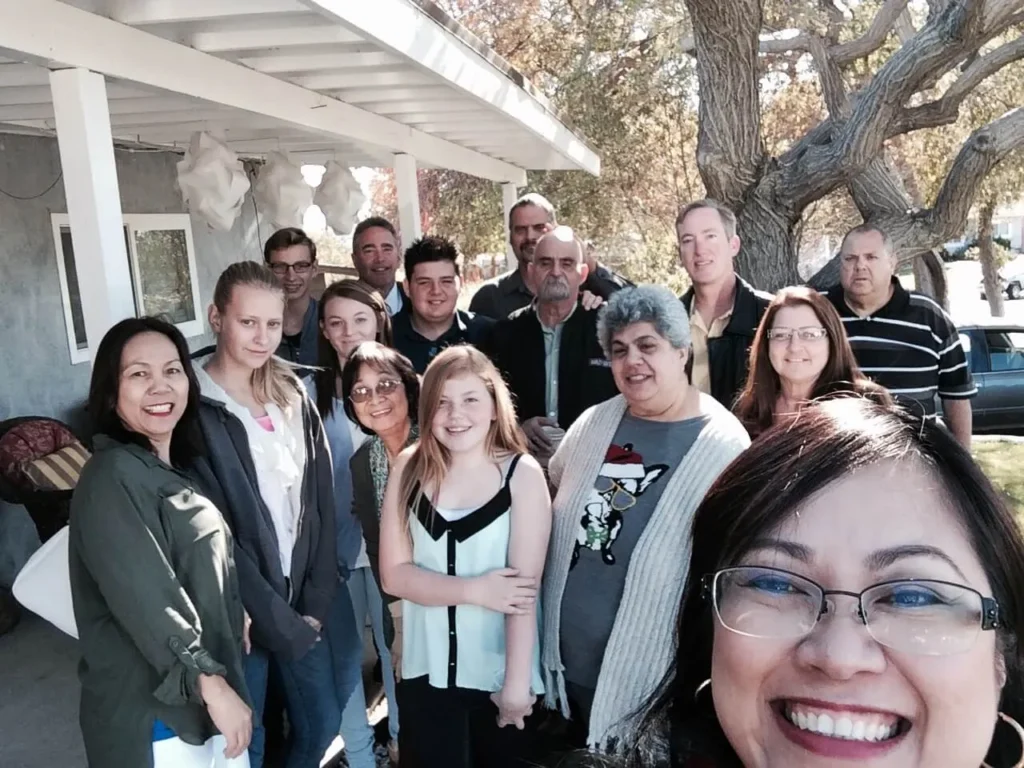Have you ever felt the weight of guilt, carrying a sense of separation from God and longing to be made right again? Atonement is God’s answer to this deep need within us—the chance for forgiveness, reconciliation, and redemption.
These 10 verses show different aspects of atonement, each one offering hope and a fresh start. They remind us that no matter how far we feel from God, atonement is His way of bringing us back, letting us start over and live in the freedom of His forgiveness.
1. Exodus 30:10
“And Aaron shall make an atonement upon the horns of it once in a year with the blood of the sin offering of atonements: once in the year shall he make atonement upon it throughout your generations: it is most holy unto the LORD.”
The annual Day of Atonement in the Bible required Aaron, the high priest, to offer sacrifices for the people’s sins, a practice that continued through generations. This act symbolized the idea of covering sin, which is the meaning of atonement in Hebrew.
Aaron’s role as mediator points to Christ’s ultimate role as the eternal high priest, who would later fulfill atonement by offering Himself as the ultimate sacrifice.
2. Psalm 103:12
“As far as the east is from the west, so far hath he removed our transgressions from us.”
This verse illustrates the vast scope of God’s forgiveness in atonement, showing that, through atonement, sins are completely removed and forgotten. This covering of sins is part of the meaning behind atonement, which allows us to start anew in our relationship with God.
It reminds us that atonement is not just a covering but a total separation of our sins from us, allowing us to live without condemnation.
3. 2 Corinthians 5:18-19
“And all things are of God, who hath reconciled us to himself by Jesus Christ, and hath given to us the ministry of reconciliation; to wit, that God was in Christ, reconciling the world unto himself, not imputing their trespasses unto them; and hath committed unto us the word of reconciliation.”
Atonement leads to reconciliation, bridging the gap between humanity and God. Paul explains that God, through Jesus, was actively working to restore this relationship, embodying the divine meaning of atonement in Hebrew as a way of covering and forgiving sin.
4. Ephesians 1:7
“In whom we have redemption through his blood, the forgiveness of sins, according to the riches of his grace;”
In Ephesians, Paul connects atonement with grace, emphasizing that redemption comes through Jesus’ blood. This verse helps clarify what Jesus said about atonement, which centers on forgiveness and restoration.
Through Jesus’ sacrificial blood, believers receive complete forgiveness, illustrating an example of atonement in its most generous form.
5. Colossians 1:20
“And, having made peace through the blood of his cross, by him to reconcile all things unto himself; by him, I say, whether they be things in earth, or things in heaven.”
This verse reveals the universal scope of atonement, extending beyond individual redemption to all creation. Through Jesus’ atonement, peace is restored to the world.
Want to learn more about topics like this? Click here for more Bible study articles.
6. Titus 2:14
“Who gave himself for us, that he might redeem us from all iniquity, and purify unto himself a peculiar people, zealous of good works.”
Atonement transforms lives, turning believers into a people purified and devoted to God’s service. Here, the meaning behind atonement extends beyond mere forgiveness, including purification and consecration.
It reveals how Christ’s atonement empowers believers to live in righteousness, making it a personal and transformative act.
7. Romans 3:25
“Whom God hath set forth to be a propitiation through faith in his blood, to declare his righteousness for the remission of sins that are past, through the forbearance of God;”
In this verse, Paul uses the word “propitiation” to describe Jesus’ role in atonement, meaning that Jesus’ sacrifice appeased God’s justice and demonstrated His mercy.
This verse addresses the meaning of atonement as covering sin, showing that through Christ’s blood, God no longer holds our sins against us. It’s a profound example of atonement that highlights God’s righteousness and patience.
8. Hebrews 10:12
“But this man, after he had offered one sacrifice for sins for ever, sat down on the right hand of God;”
Unlike the repetitive sacrifices required on the Day of Atonement in the Bible, Jesus’ atonement was a one-time, all-encompassing act that fulfilled the need for continual offerings.
9. Leviticus 4:26
“And he shall burn all his fat upon the altar, as the fat of the sacrifice of peace offerings: and the priest shall make an atonement for him as concerning his sin, and it shall be forgiven him.”
This Old Testament practice underscores the priestly role in offering atonement, symbolizing forgiveness for individual sins. This ritual foreshadows the greater, perfect atonement Jesus would provide, showing an example of atonement that offers full forgiveness.
It also points to the priestly role that Jesus would fulfill, acting as the mediator between humanity and God.
10. Galatians 3:13
“Christ hath redeemed us from the curse of the law, being made a curse for us: for it is written, Cursed is every one that hangeth on a tree:”
In this powerful display of atonement, Jesus takes on the curse of the law, setting us free from sin’s penalty. This act embodies what Jesus said about atonement: that He came not to condemn the world but to save it.
If you’re searching for peace, forgiveness, or a fresh start, these verses reveal how deeply God desires to restore and reconcile us to Himself. Atonement is His answer, showing us that no matter our past, we’re offered a way back through His love and grace.
From ancient rituals to Jesus’ sacrifice, atonement is God’s gift to cover our sins and give us a renewed relationship with Him.
Let these verses remind you: there’s always a way back, and you’re never too far to receive His forgiveness.
Daniel Lantis has been a pastor and professional speaker for over 41 years, dedicating his life to serving Christ. Throughout his journey, he has given generously, whether it’s money, cars, or buildings, and has never lacked anything in return. He encourages others to give their resources to Jesus, trusting that He will provide abundantly.






